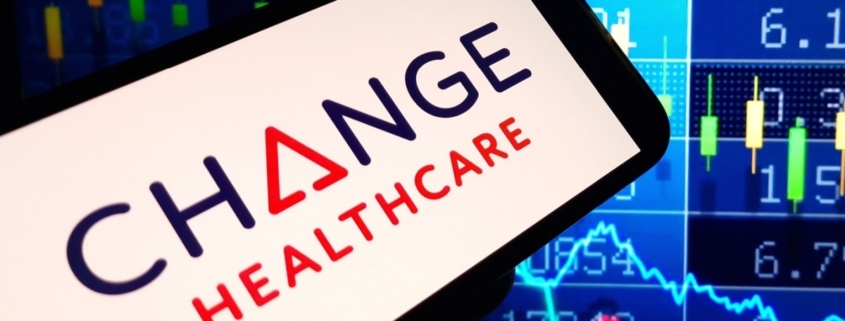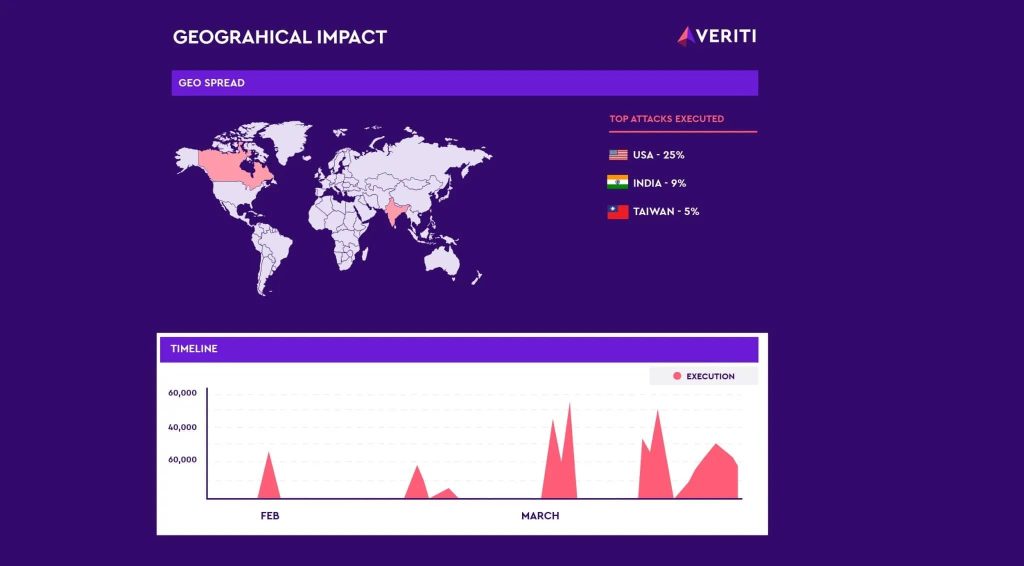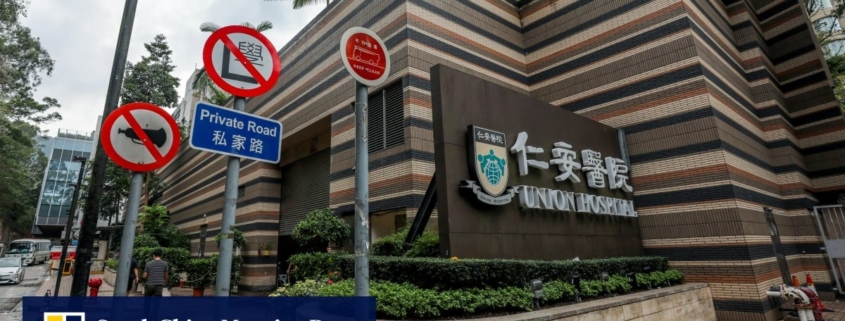Keeping the lights on after a ransomware attack • Graham Cluley

Leicester City Council suffers a crippling ransomware attack, and a massive data breach, but is it out of the dark yet? And as election fever hits India we take a close eye at deepfakery.
All this and more is discussed in the latest edition of the “Smashing Security” podcast by cybersecurity veterans Graham Cluley and Carole Theriault.
Warning: This podcast may contain nuts, adult themes, and rude language.
Hosts:
Graham Cluley – @gcluley
Carole Theriault – @caroletheriault
Episode links:
Sponsored by:
- Sonrai’s Cloud Permissions Firewall – A one-click solution to least privilege without disrupting DevOps. Start a 14 day free trial now!
- Vanta – Expand the scope of your security program with market-leading compliance automation… while saving time and money. Smashing Security listeners get 20% off!
- Kolide – Kolide ensures that if your device isn’t secure it can’t access your cloud apps. It’s Device Trust for Okta. Watch the demo today!
Support the show:
You can help the podcast by telling your friends and colleagues about “Smashing Security”, and leaving us a review on Apple Podcasts or Podchaser.
Become a supporter via Patreon or Apple Podcasts for ad-free episodes and our early-release feed!
Follow us:
Follow the show on Twitter at @SmashinSecurity, or on Mastodon, on the Smashing Security subreddit, or visit our website for more episodes.
Thanks:
Theme tune: “Vinyl Memories” by Mikael Manvelyan.
Assorted sound effects: AudioBlocks.




